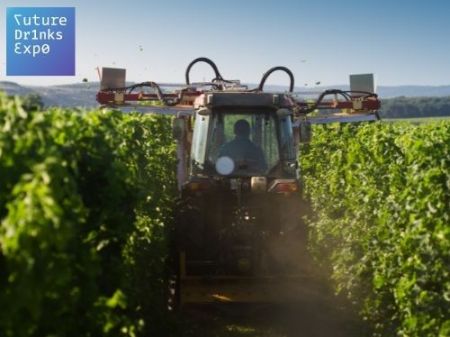Sommeliers Choice Awards 2023 Winners
Wild Thyme Spirits recycles distillery waste to dye wool
An award-winning gin producer in western Scotland has teamed up with a local farmer to create a knitting wool dyed with the distillery’s waste.

An award-winning gin producer in western Scotland has teamed up with a local farmer to create a knitting wool dyed with the distillery’s waste.
Wild Thyme Spirits on the Hebridean island of Colonsay produces juniper-led London Dry-style Colonsay Gin, which is handmade in small batches of 160 bottles. It also produces a bramble liqueur and is developing an Old Tom-style gin.
The distillery has been looking for innovative ways to re-use and recycle its waste.
Owner Finlay Geekie said: “While it may not save the planet, we’re very proud of the efforts we have gone to, in collaboration with other likeminded island craft businesses, to address our waste recycling issues in a sustainable way. We have the increasing problem, as our business continues to grow, of what to do with our waste from the distilling process. Our remote island location makes recycling to the mainland cost prohibitive. Sarah at Colonsay Wool Growers was looking to increase the range of colours of her dyed wool, but had already used all the plant material available on the island. The collaboration is a win-win for both companies.”
Sarah Hobhouse of Balnahard Farm on the island has been breeding sheep for knitting wool under the name Colonsay Wool Growers for the past five years. She was able to dye her wools a warm fawn colour from the distillery tails, a yellow or green from spent botanicals and spices, and a pinky purple from the husks of the brambles used in the bramble liqueur.
The resulting wool has been named Pot Still Yarns and is available in knitting kits and as skeins and packs of wool, and more products are in the pipeline.
Sarah said: “The collaboration with Colonsay Gin is really exciting. It has given me lots of experimenting time, working out which parts of their distilling process by-products would give a colour to dye with, testing it on various different colours of base yarn and checking fastness, while taking advantage of a product that is already on the island and would otherwise just be waste.”
Read more at source: drinksretailingnews
Image source: drinksretailingnews







